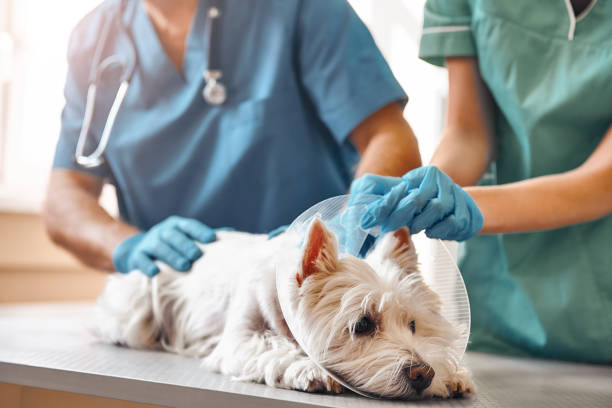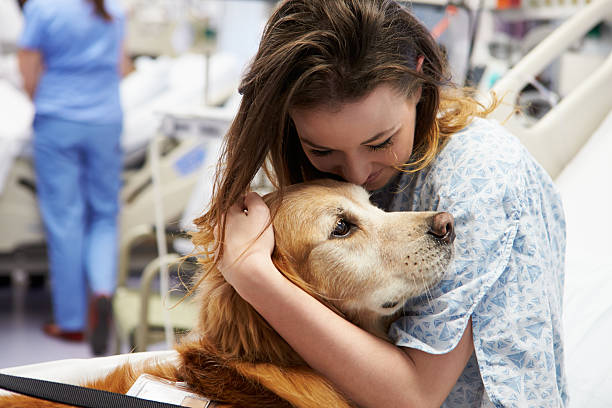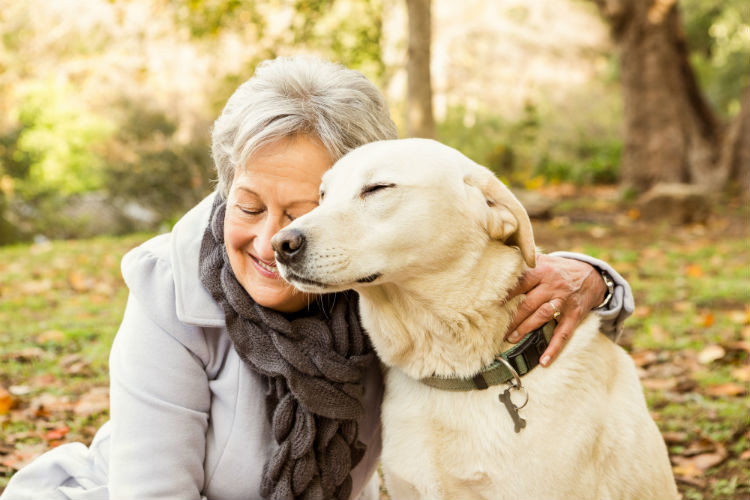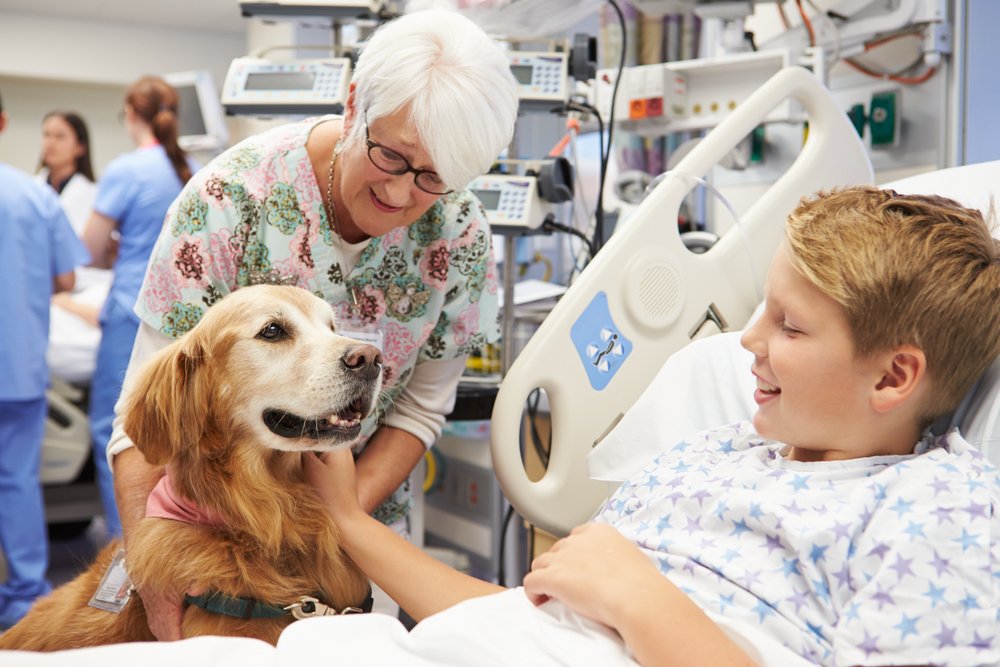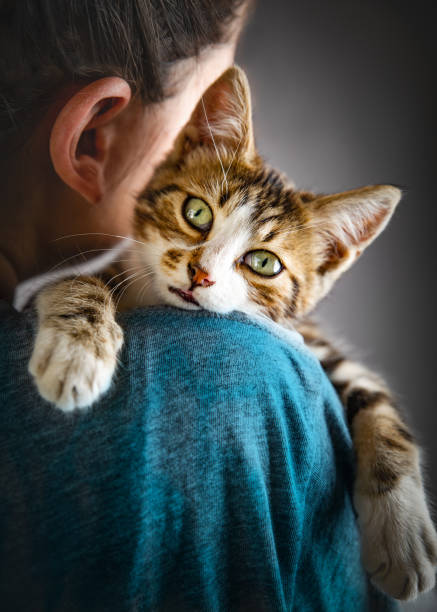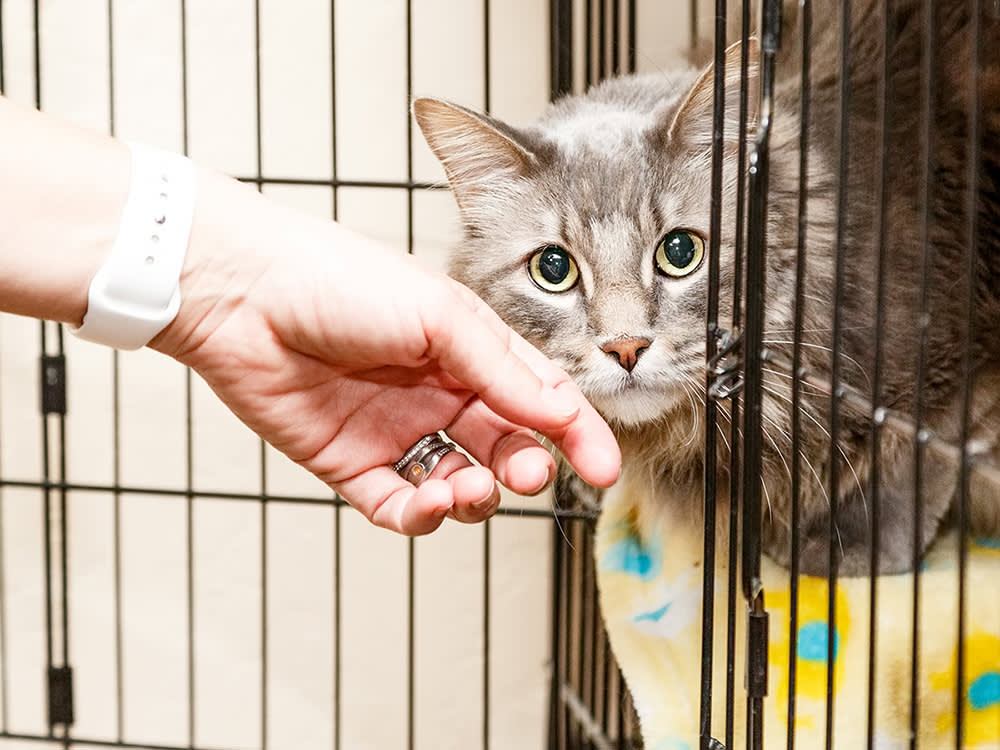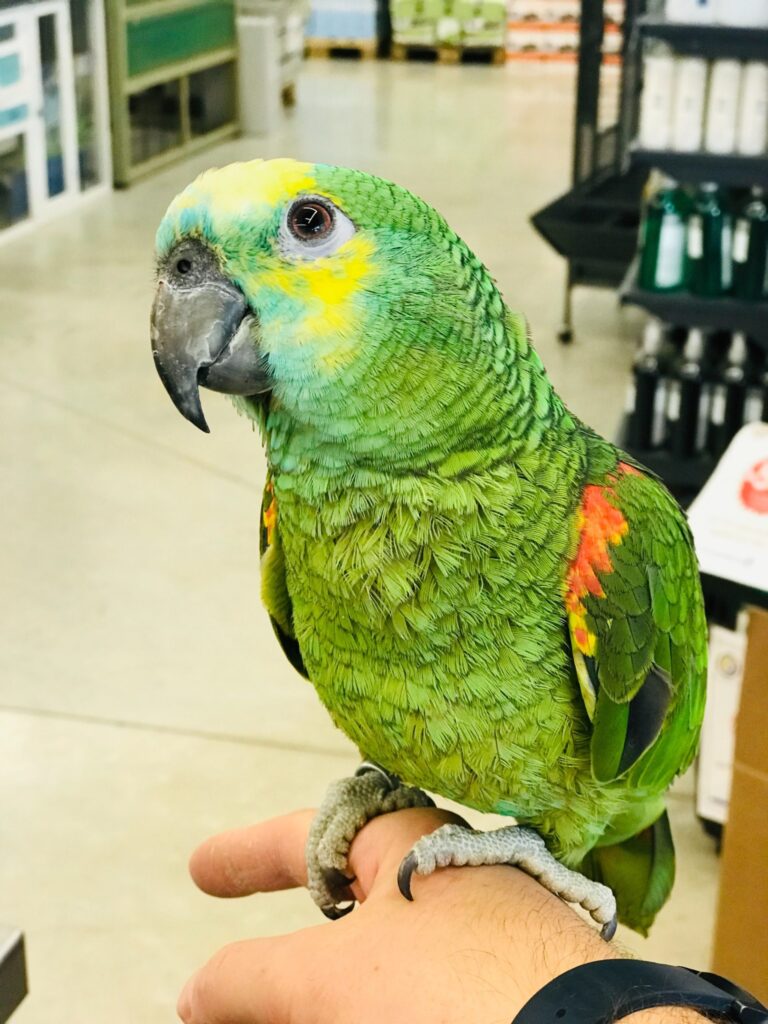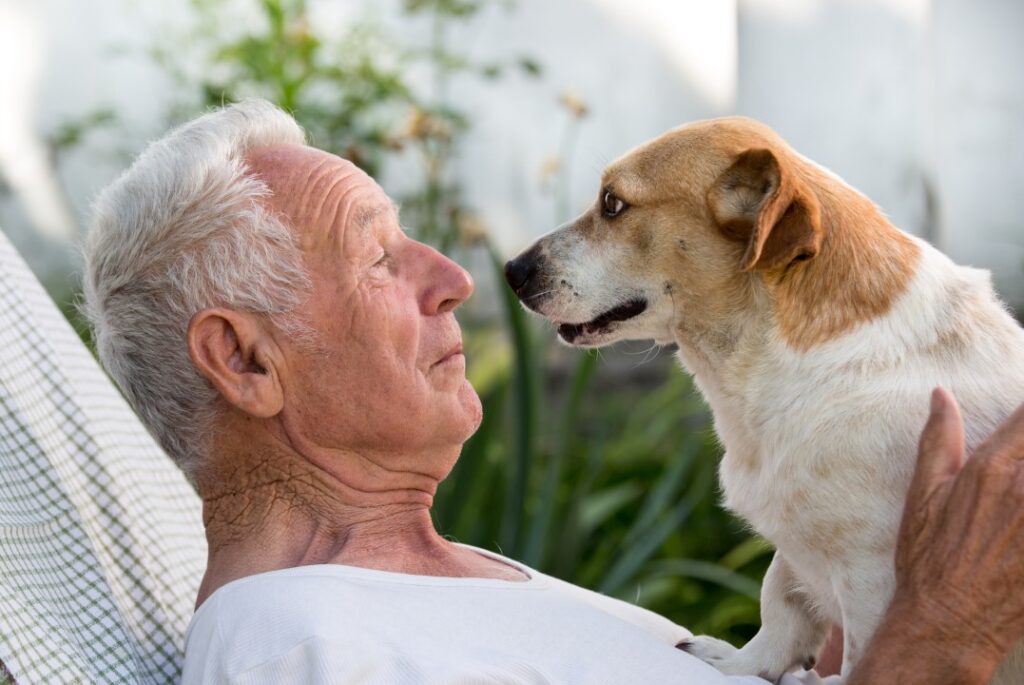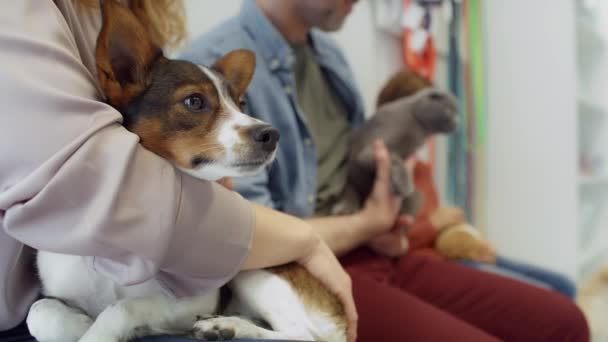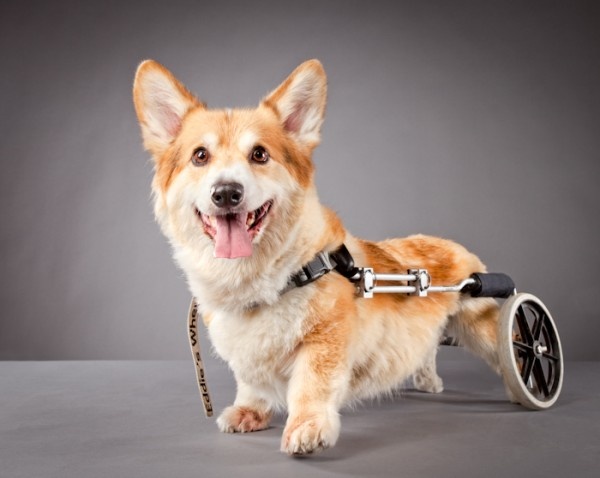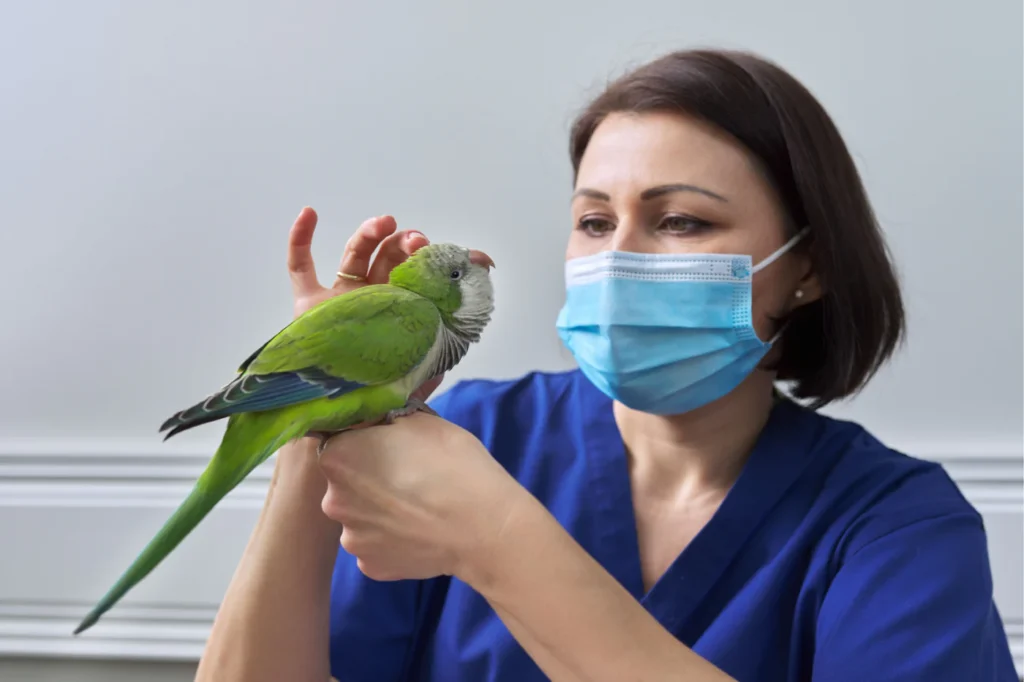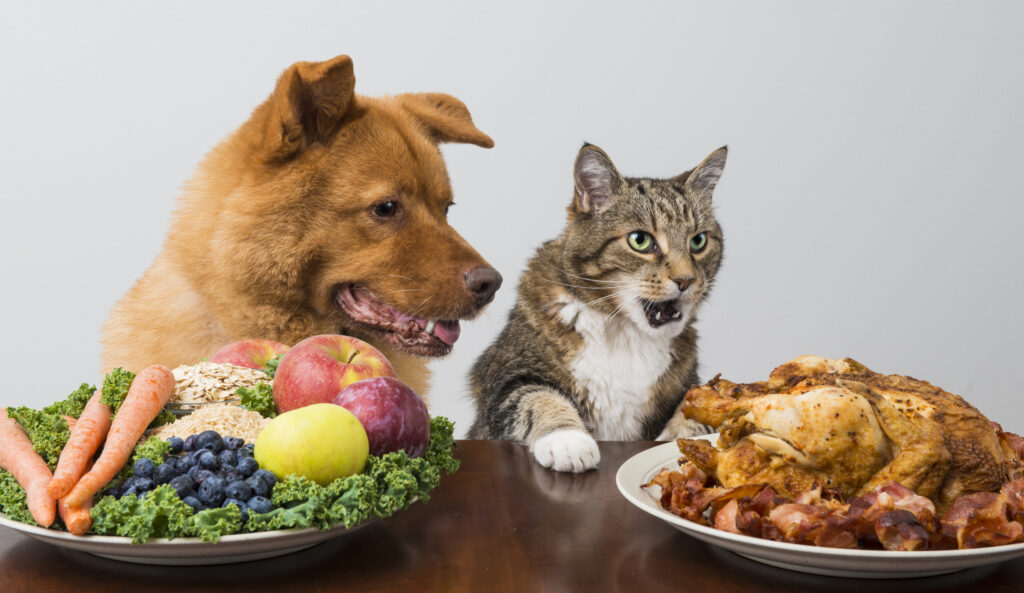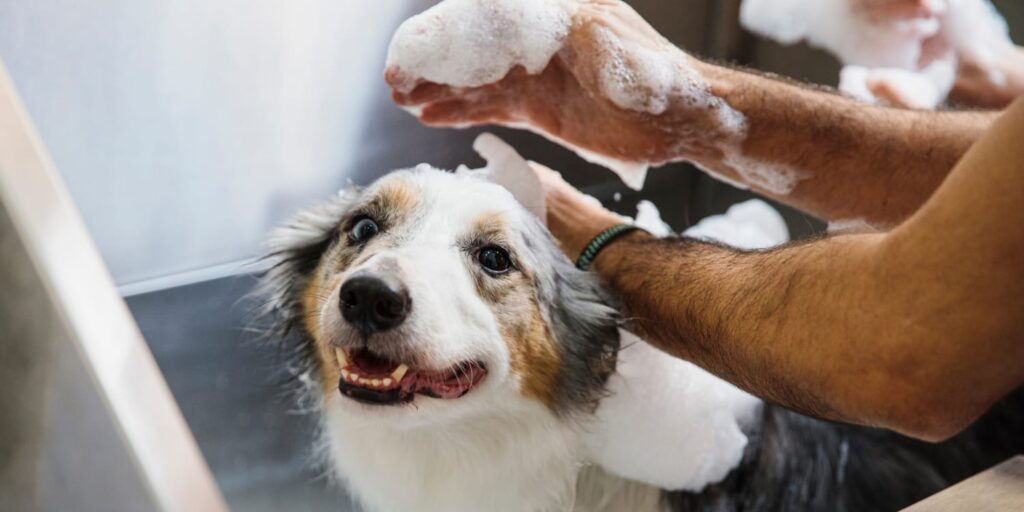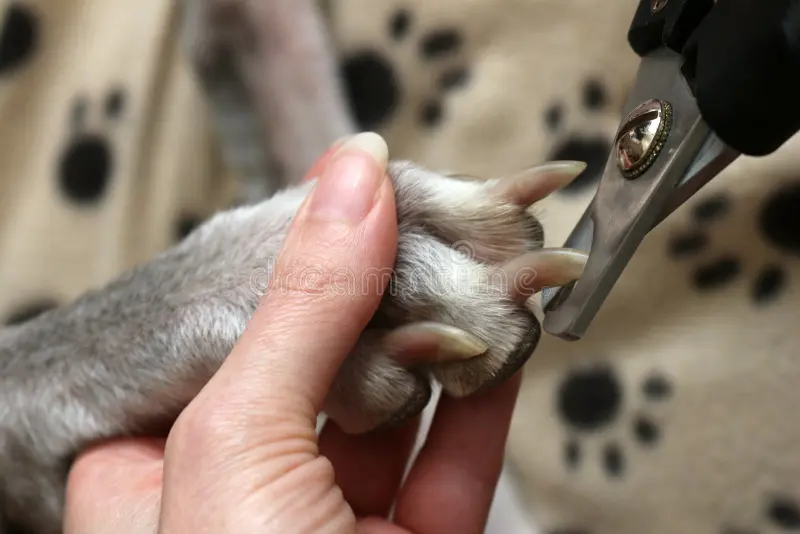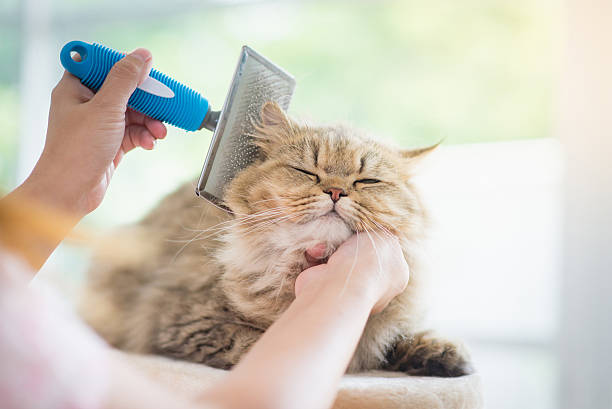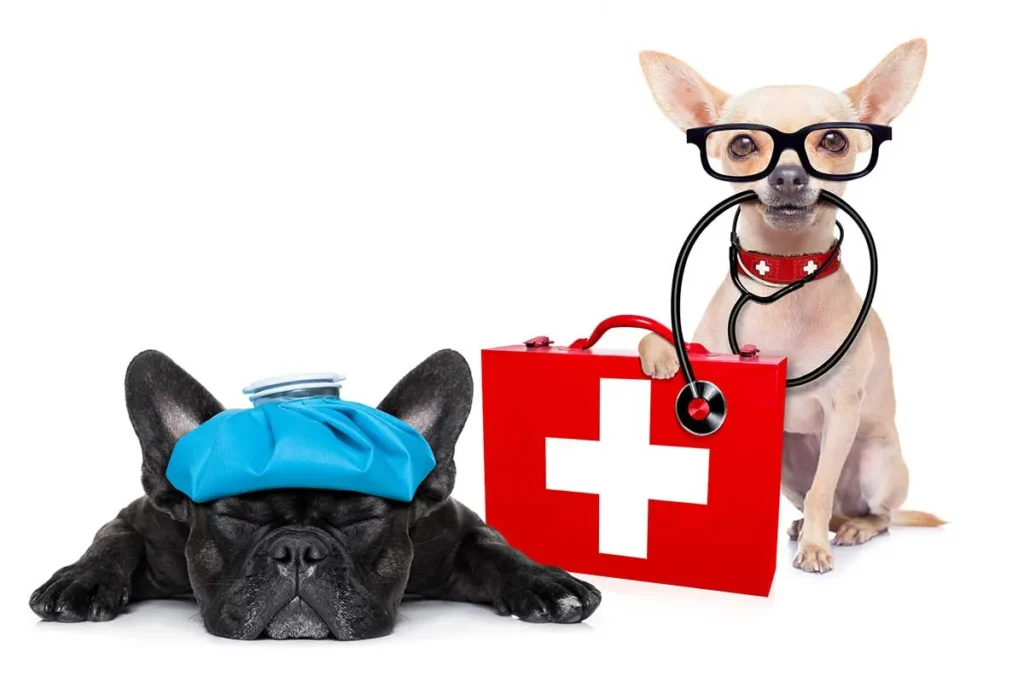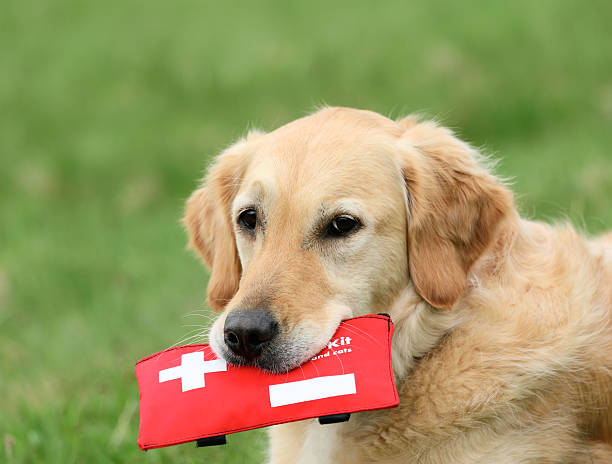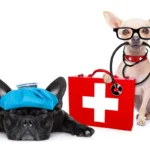Recognizing Signs of Common Pet Illnesses
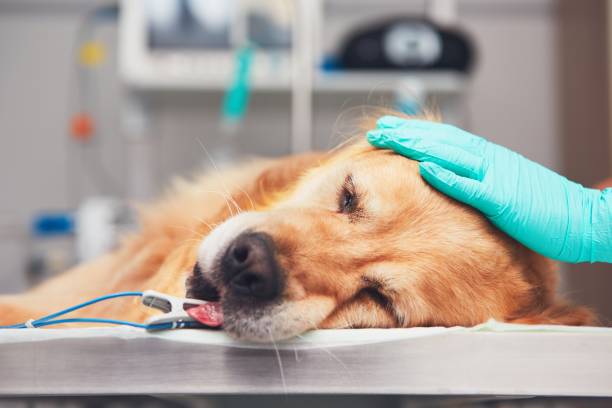
As pet owners, our furry companions hold a special place in our hearts, and their health and well-being are paramount. Recognizing the signs of common pet illnesses is crucial for ensuring they receive timely care and treatment. In this guide, we’ll explore why it’s essential to be vigilant about your pet’s health, common signs of illness to watch for, and preventive measures to keep your furry friend happy and healthy.
Importance of recognizing signs of pet illnesses
Our pets can’t communicate when they’re feeling unwell, making it our responsibility to pay close attention to changes in their behavior and physical condition. By recognizing the signs of illness early on, we can intervene promptly and prevent potential complications.
Benefits of early detection
Early detection of pet illnesses can significantly improve treatment outcomes and quality of life for our furry friends. Prompt intervention can prevent conditions from worsening and may even save lives.
Common Signs of Pet Illnesses
Understanding the common signs of pet illnesses is essential for proactive healthcare management. Here are some key indicators to watch for:
Signs of gastrointestinal issues
Symptoms such as vomiting, diarrhea, constipation, loss of appetite, and abdominal pain may indicate gastrointestinal problems in pets. Pay attention to changes in bowel habits and appetite.
Symptoms of respiratory problems
Coughing, sneezing, difficulty breathing, nasal discharge, and wheezing are common signs of respiratory issues in pets. Monitor your pet’s breathing patterns and watch for any unusual respiratory sounds.
Indications of urinary tract issues
Frequent urination, straining to urinate, blood in the urine, and accidents in the house can be signs of urinary tract infections or other urinary issues. Keep an eye on your pet’s urinary habits and seek veterinary attention if you notice any changes.
Warning signs of skin conditions
Itching, redness, swelling, hair loss, lumps, or bumps on the skin may indicate underlying skin problems such as allergies, infections, or parasites. Check your pet’s skin regularly for any abnormalities.
Behavioral changes as signs of illness
Changes in behavior such as lethargy, aggression, hiding, excessive vocalization, or disinterest in usual activities could signal an underlying health issue. Pay attention to any deviations from your pet’s normal behavior patterns.
Specific Signs in Different Pets
While many signs of illness are common across different species, there are also specific indicators to watch for in each type of pet:
Signs of illness in dogs
In dogs, symptoms such as coughing, lethargy, loss of appetite, lameness, vomiting, diarrhea, and changes in urination or defecation habits may indicate illness. Be observant of your dog’s behavior and habits to detect any abnormalities.
Recognizing illness in cats
Cats may exhibit signs of illness such as decreased grooming, hiding, changes in litter box habits, vomiting, diarrhea, weight loss, or excessive vocalization. Monitor your cat’s behavior and health closely for any changes.
Symptoms to watch for in small mammals
Small mammals like rabbits, guinea pigs, and rodents may show signs of illness such as decreased activity, changes in eating or drinking habits, hunched posture, respiratory issues, or hair loss. Familiarize yourself with your pet’s normal behavior to detect any deviations.
When to Seek Veterinary Care
While minor symptoms can sometimes resolve on their own, certain signs warrant immediate veterinary attention:
Understanding when symptoms warrant professional attention
Persistent or severe symptoms, sudden changes in condition, difficulty breathing, collapse, seizures, trauma, or ingestion of toxic substances require prompt veterinary care. Trust your instincts and seek help if you’re unsure.
Importance of regular vet check-ups
Regular veterinary check-ups are essential for maintaining your pet’s health and detecting potential issues early. Schedule annual wellness exams and follow your veterinarian’s recommendations for preventive care and vaccinations.
Preventive Measures for Pet Health
In addition to recognizing signs of illness, preventive measures play a crucial role in maintaining your pet’s overall health and well-being:
Proper nutrition and diet
Feed your pet a balanced and nutritious diet tailored to their age, breed, size, and health needs. Avoid overfeeding and monitor your pet’s weight to prevent obesity-related health issues.
Regular exercise and mental stimulation
Provide ample opportunities for your pet to exercise and engage in mentally stimulating activities. Physical activity helps maintain a healthy weight, while mental stimulation prevents boredom and behavioral problems.
Routine grooming and hygiene
Regular grooming not only keeps your pet looking and smelling fresh but also helps prevent skin issues, matting, and parasite infestations. Brush your pet’s coat, trim their nails, and clean their ears and teeth regularly.
Conclusion
Recognizing signs of common pet illnesses is essential for proactive healthcare management and ensuring our furry friends live long happy lives. By staying vigilant, understanding your pet’s normal behavior, and seeking veterinary care when needed, you can provide the best possible care for your beloved companion.




